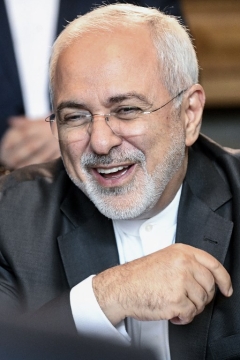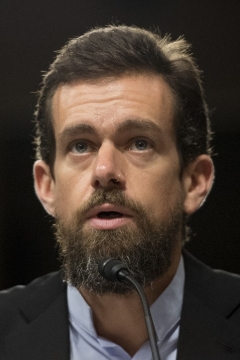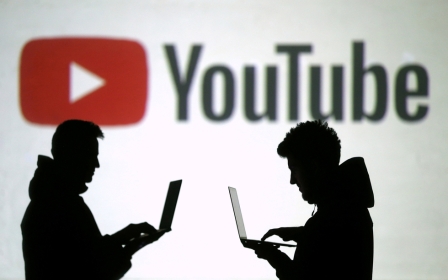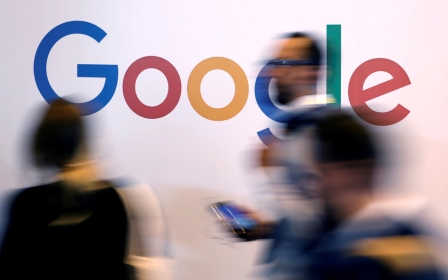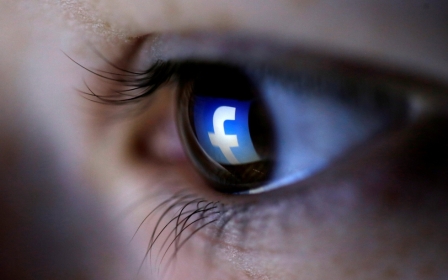Iran says Twitter shut legitimate accounts, but not anti-government ones
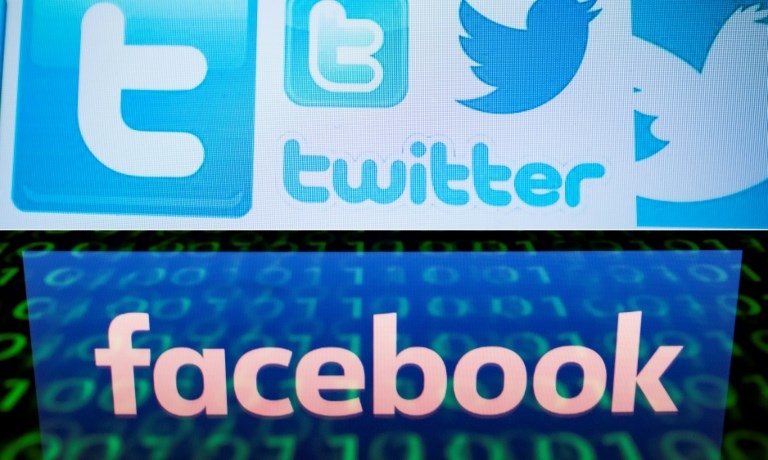
Iranian Foreign Minister Mohammad Javad Zarif on Sunday accused Twitter of closing accounts of "real" Iranians, while allowing anti-government ones backed by the United States.
In August, Facebook, Twitter and Alphabet's Google collectively removed hundreds of accounts tied to an alleged Iranian propaganda operation.
"Hello @Jack. Twitter has shuttered accounts of real Iranians, (including) TV presenters & students, for supposedly being part of an 'influence op'," Zarif said in a tweet, addressing Twitter CEO Jack Dorsey.
"How about looking at actual bots in (the Albanian capital of) Tirana used to prop up 'regime change' propaganda spewed out of (Washington) DC? #YouAreBots," Zarif said.
Twitter declined to comment when contacted by Reuters in the United States.
In August, Facebook founder Mark Zuckerberg said: "We believe these pages, groups and accounts were part of two sets of campaigns.
"First a set of activity from Iran, including some with ties to state-owned media, and second a set of activity that the US government and others have publicly linked to Russian military intelligence services," he added.
Digital security experts later told Middle East Eye that Iran’s efforts were less sophisticated and worrisome than was suggested by reports and may amount to little more than a dozen-or-so staff in a Tehran office running off a shoestring budget.
Amin Sabeti, UK-based founder of online security firm Certfalab and Iranian internet researcher, said that while Tehran was only a mediocre player in the realm of “fake news,” the tech giants acted prudently.
“At this stage, Iran’s efforts at an online propaganda war do look amateurish and sloppy. These were a few websites that were updated infrequently, written in often poor English and with only a bunch of broken links,” Sabeti told MEE.
“But it was likely only a starting point for Iran. They were building up a base of followers and their efforts could become more sophisticated in a future in which many governments will be taking part in these types of information wars.”
Iranian media have accused Israel, Saudi Arabia, and exiled opposition groups, including the Mujahideen Khalq which has some members based in Albania, of being behind social media campaigns calling for the overthrow of the Islamic government.
Iranian Supreme Leader Ayatollah Ali Khamenei accused the United States and Israel in August of waging a media war to discourage Iranians, as the country faces economic hardship after the reimposition of US sanctions.
Stay informed with MEE's newsletters
Sign up to get the latest alerts, insights and analysis, starting with Turkey Unpacked
Middle East Eye delivers independent and unrivalled coverage and analysis of the Middle East, North Africa and beyond. To learn more about republishing this content and the associated fees, please fill out this form. More about MEE can be found here.


